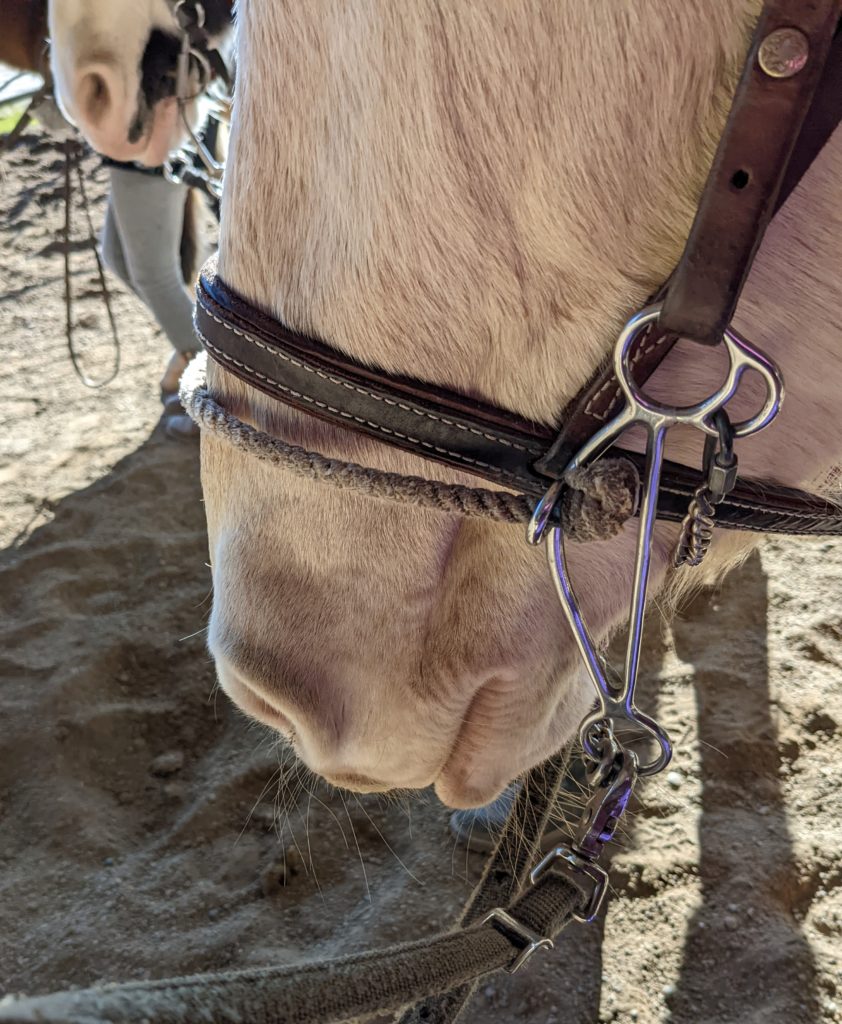Today is my birthday. Always a good time for reflection….
How do we discern what practices to keep and which to throw away? What have we noticed in our changing practices since the pandemic and how do we make the MOST of them? Or not! Are we wallowing in toxic nostalgia?
Dr. David Viscott, author of a book entitled Emotional Resilience, defined toxic nostalgia as “a subtle mixture of feelings, attitudes, perspectives and needs from different ages all showing themselves at once as the unresolved past attempts to define the present.” I found Dr. Viscott;s quote via Rabbi Mike Harvey. Rabbi Harvey also made his own offering describing toxic nostalgia is “thinking that things used to be amazing, focusing only on good memories, and defining the past by those good memories, then projecting the difference between the reality of the present with the imagined reality of your past and seeing the difference. “
Once I started looking, toxic nostalgia shows up in the media a lot lately. I felt resonance. Think about our societal polarization on so many issues. Our blindness as we endorse things that do us harm.
For me and my group process practice we use the term “snapback.” Snapback to the old, familiar, comfortable ways – even if those old ways are no longer serving. For groups working together, the pandemic tossed us out of our familiar ways and ruts and many of us rapidly embraced new ways. Now that things are leaking back into old settings (i.e. F2F offices, meetings) the snapback is showing up. I’m noticing that some of the groups I worked with during the pandemic where they created and adopted new, productive practices, are slipping back into high control, low liberating practices.
If we don’t examine and compare our practices, we may default to toxic nostalgia and snapback. Or we can stay awake, notice what has changed and how that change has or has not positively impacted what we are trying to do together. We fear “falling off the horse,” but perhaps what we should fear is not noticing with either got back on or fell off the horse and learned NOTHING!
